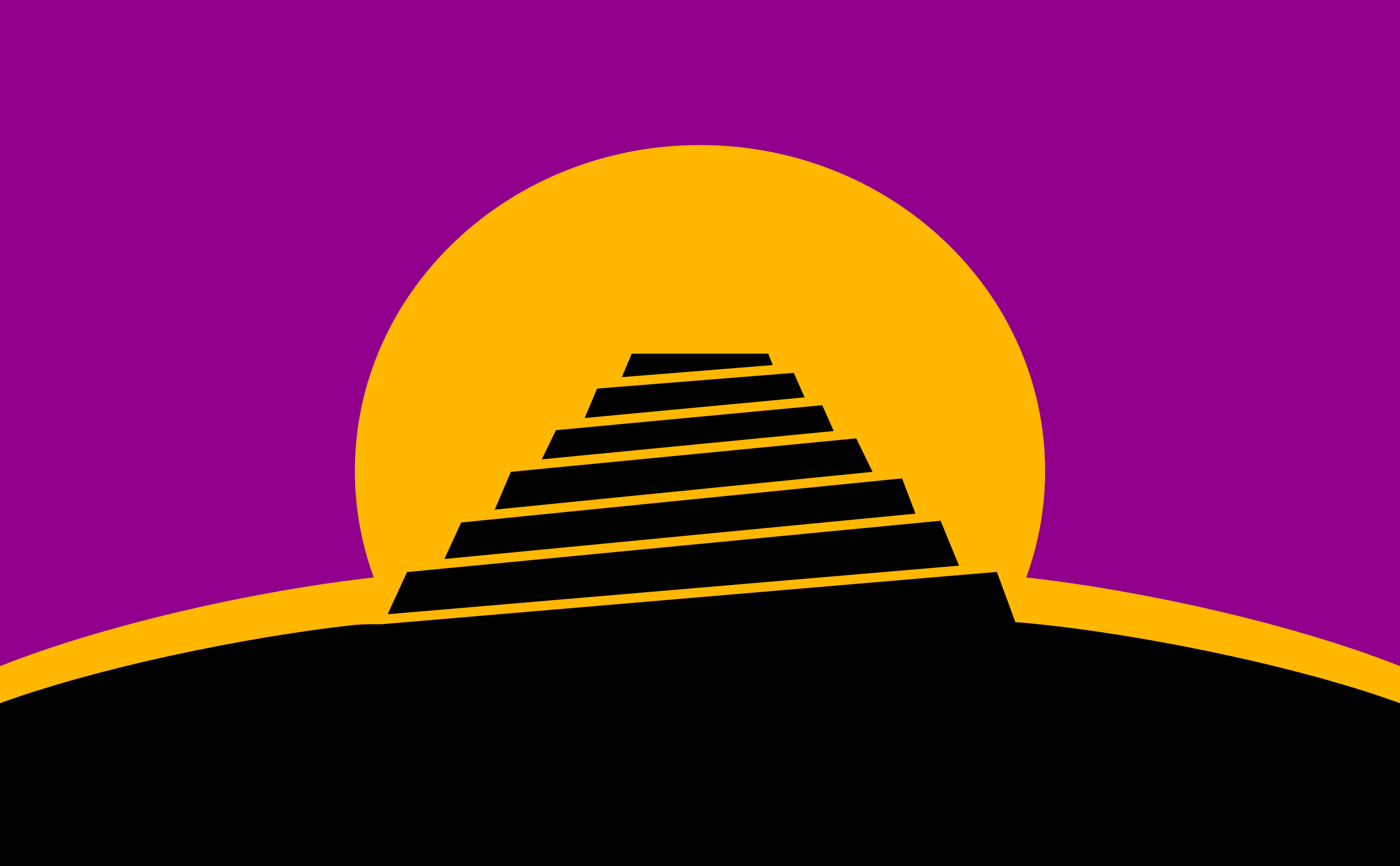I'll start myself: I've been quite interested in Esperanto recently, and I am thinking of starting to actually learn the language. Esperanto is just really interesting to me, because of its history and size, compared to other conlangs. I don't believe it will become the universal world language, like once was dreamed. And I do think esperanto has quite a few shortcomings when it comes to being an international auxilliary language. The reason I want to learn it is more just for that history and culture.


Ohh, I've been thinking up a concept for a future of the world, and in this future Esperanto actually does end up an official language in two countries: in the European Federation, as one of the three federal lingue franche alongside Interslavic and European American Sign Language; and in the Union of the Leagues of Commons of Turtle Island as one of the two federal lingue franche alongside Plains Indian Sign Language. Which is to say that Esperanto is not used as a global language as such, but instead is used as a regional auxlang in places where speakers of different Romance and Germanic languages interact — and even then, the usage of Esperanto often involves simcom, ruby-like glosses, pictograms, and other aids to increase comprehension.
The actual global lingua franca in this timeline then ends up being, wouldn't you know, International Sign! Which in the future, just as right now, is not a proper language, but rather a more spontaneous system of cross-language communication for users of different sign languages, which in this future the vast majority of hearing people have become.
So essentially, the technology and modes of production of the future have left the world with no real need or desire for a spoken global lingua franca, but rather there is a signed global lingua franca used by both Deaf and hearing people, and there are also a handful of spoken and signed regional lingue franche.
But anyways, yeah, I'm going to say Interslavic and Luka Pona, since OP already mentioned Esperanto and Toki Pona.
Really cool concept for a future. Insterslavic is a really cool language and one of the best regional auxiliary languages I have seen. The fact that any speaker of any slavic language can understand someone speaking interslavic flawlessly is really amazing! It’s definitely on my bucket list of languages I want to learn. (Aargh too many options!!)